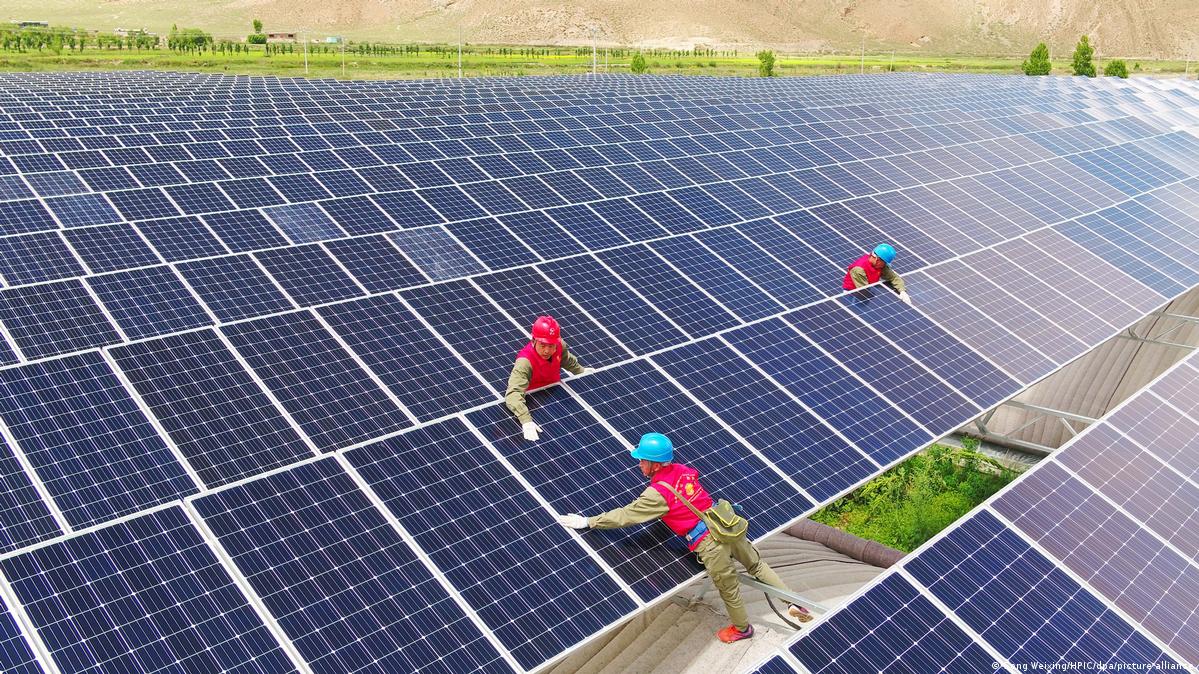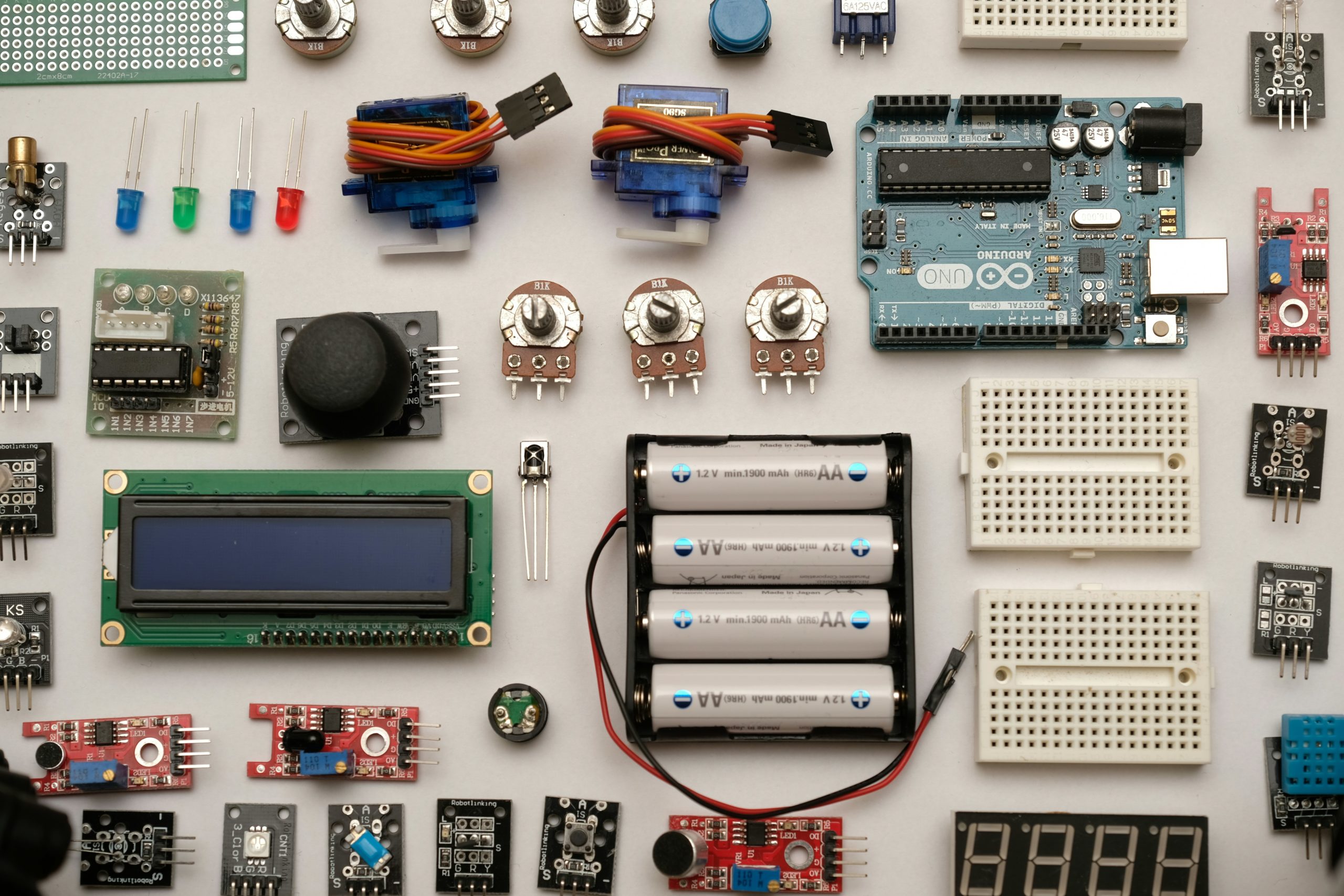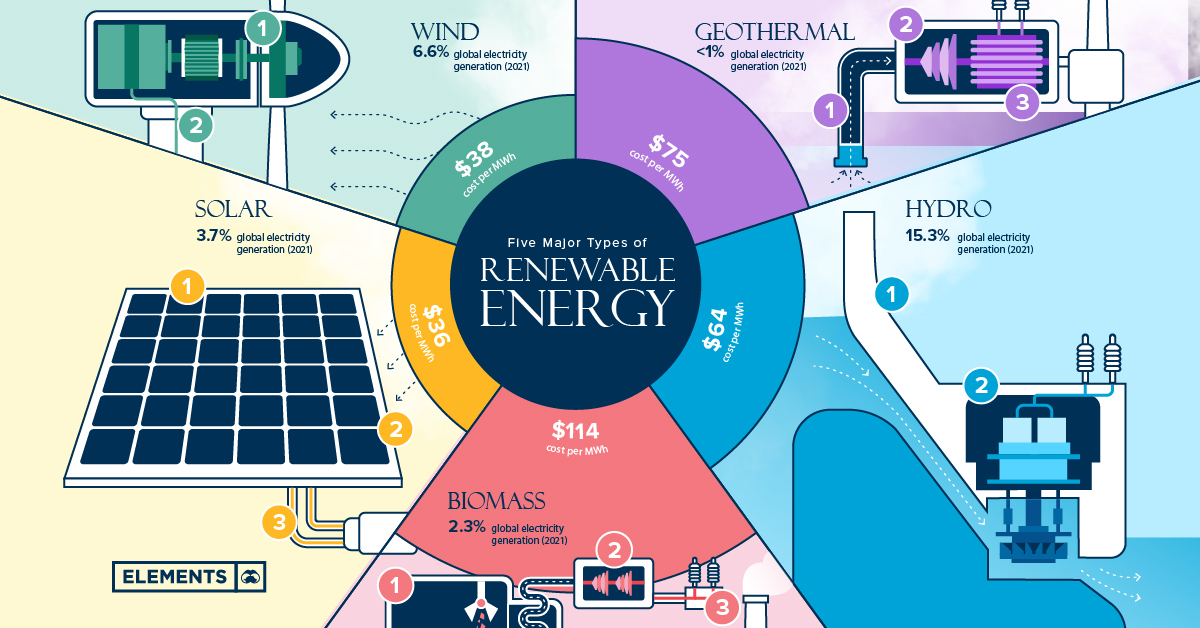How Solar Panels are Revolutionizing the Future of Energy
How Solar Panels are Revolutionizing the Future of Energy ===
In recent years, solar panels have emerged as a major player in the world of energy production. This innovative technology has revolutionized the way we think about energy, offering an affordable and sustainable alternative to traditional fossil fuels. From homes and businesses to entire communities, solar panels are changing the way we power our lives. In this article, we’ll explore the science behind solar energy, the advantages of using solar panels, and the impact this technology is having on energy production around the world.
The Emergence of Solar Panels
Solar panels have been around for decades, but it wasn’t until the turn of the century that they began to gain widespread popularity. As the cost of solar panel production decreased and efficiency increased, more and more people began to invest in this renewable energy source. Today, solar panels can be found on rooftops, in fields, and even in space! They are a versatile technology that can be used in a variety of environments, making them an ideal solution for a wide range of energy needs.
The Science behind Solar Energy
At their core, solar panels work by converting sunlight into electricity. This process, known as the photovoltaic effect, involves the use of semiconductors to absorb photons from the sun and release electrons, which are then harnessed to create an electrical current. The science behind solar energy is complex, but the end result is a clean, renewable source of power that can be used to fuel our homes, businesses, and communities.
Advantages of Solar Panels
One of the biggest advantages of solar panels is their ability to produce clean energy without emitting harmful pollutants. Unlike traditional fossil fuels, solar energy is a renewable resource that doesn’t deplete over time. Solar panels also require very little maintenance and can last for decades, making them a cost-effective solution for energy production. Additionally, solar panels are highly adaptable and can be scaled up or down to meet the specific needs of a given environment.
The Impact of Solar Panels on Energy Production
Solar panels are having a major impact on energy production around the world. In recent years, solar energy has become increasingly affordable, making it an attractive option for both residential and commercial applications. As a result, more and more people are investing in solar panels to power their homes and businesses, reducing their reliance on traditional fossil fuels. This shift towards renewable energy sources is helping to reduce carbon emissions and mitigate the impact of climate change.
The Future of Solar Panels
As solar panel technology continues to evolve, the future of energy looks brighter than ever. Advances in battery storage technology are allowing us to store excess energy generated by solar panels, making it possible to power our homes and businesses even when the sun isn’t shining. Additionally, advancements in solar panel efficiency are helping to drive down the cost of production, making solar energy an even more attractive option for consumers.
The Economical Advantages of Solar Energy
In addition to their environmental benefits, solar panels offer several economic advantages. Solar energy is a free, renewable resource, which means that once the initial investment in solar panels is made, the cost of energy production is virtually zero. This makes solar energy an attractive option for homeowners and businesses looking to save money on their energy bills. Additionally, as the cost of traditional fossil fuels continues to rise, solar energy is becoming an increasingly cost-effective alternative.
The Ecological Benefits of Solar Panels
The ecological benefits of solar panels are numerous. By using renewable energy sources like solar energy, we can reduce our reliance on fossil fuels, which helps to mitigate the impact of climate change. Additionally, solar panels produce no harmful emissions, which means that they help to improve air quality and reduce the risk of respiratory illnesses. Finally, solar panels help to conserve water resources by reducing the need for traditional power plants, which require vast amounts of water to operate.
Conclusion: The Revolution of Solar Energy
Solar panels are revolutionizing the way we think about energy. They offer a clean, renewable source of power that is affordable, adaptable, and sustainable. As more and more people invest in solar panels, we are reducing our reliance on traditional fossil fuels and helping to mitigate the impact of climate change. With advancements in solar panel technology, the future of energy looks brighter than ever before. It’s clear that solar energy is a vital component in the transition to a more sustainable future.













